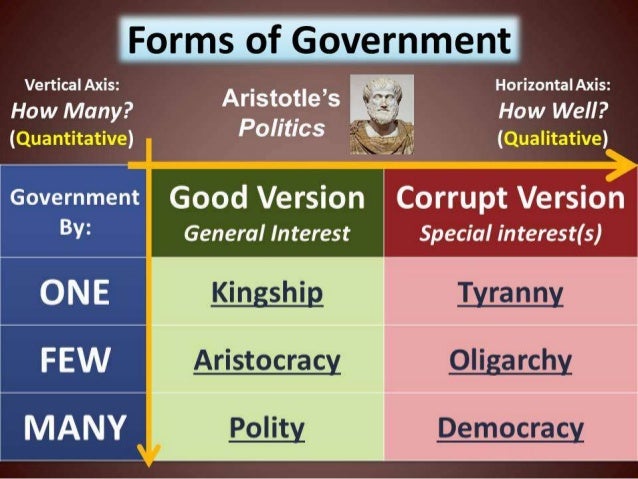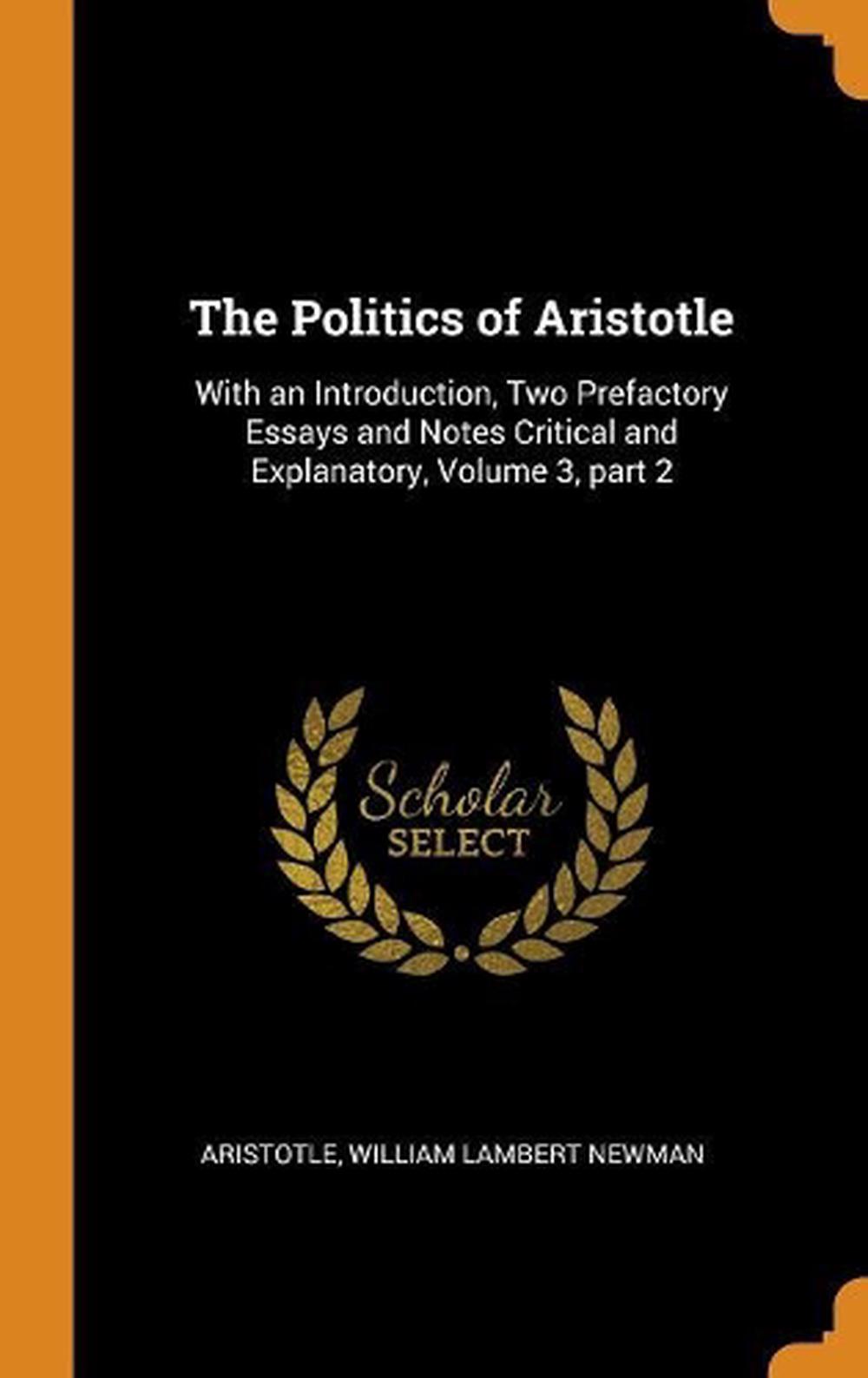
For purposes of brevity, the bibliography is confined, with few exceptions, to works in English. For details of the history of the transmission of the text, the Greek text itself, and other philological issues, see Lockwood’s article Aristotle’s Politics in the Classics section of Oxford Bibliographies, to which this bibliography is heavily indebted. The polis is an ensemble of citizens (III.1.1274b41), and one polis differs from another by its politeia. The interconnections among these terms form one of the themes of the Politics. The word translated as government is politeuma. Two other key terms in the Politics are, in Greek, related to polis: the citizen is a politês and what is translated as constitution, regime, or citizenship is the politeia, a word also used by Aristotle to designate one particular constitution, usually translated as polity. The Politics is named after the polis (plural: poleis), the city-states of Greece.

The Nicomachean Ethics ends with a transition to the Politics, setting out a program of debatable relation to what has come down to us as the Politics.


Aristotle divides practical science into ethics and politics.


 0 kommentar(er)
0 kommentar(er)
